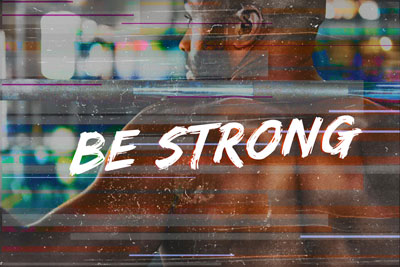Be your own life coach
View(s):In its simplest form, the role of a life coach is to help people solve problems. Life coaches can be a wonderful means to help you discover new ways of doing things and defeat bad habits.
While the role and concept of life coach is an evolving and upcoming one in Sri Lanka, it is definitely catching on, and increasing in popularity.
The thought of transforming yourself into a better person can be intimidating and scary. Even if you take it a day at a time, you will find that the opportunities to become better than you are, right now, are at your finger tips. If you feel anxious, unsupported or depressed about a particular part of your life, these are signs that coaching could be needed.
Identify Areas for Improvement
Once you know that you want a change, the first step is to identify the areas that you want to work on. Career, health, emotional well being and finances may be on your list.
If you decide to tackle multiple areas, then take them one at a time. Experts caution restraint and suggest that it is better to focus only on one area first. Don’t rush the process. Take your time and be patient and work towards the goal.
Set Manageable Goals
Rock, author of the best-seller Your Brain at Work, says research supports goals that are short and to the point: “A goal that is three to seven words is fantastic. If you can’t remember something, it doesn’t live in your world. It’s got to be embedded in your brain.”
He says it’s also crucial that the goal is expressed positively: “It’s approach goals versus avoidance goals. You’re moving toward a positive instead of staying away from a negative. The way the brain works, we try to move toward something, and goals are about having more of something.” So if your goal is to be calmer, you’ll notice calm in your life. But if your goal is to be less stressed, you’ll notice stress, because that’s what your brain is focused on.
“Ask yourself, What is really important in my life, and who is the person I want to become? Most of us don’t need a coach to figure that out,” Goldsmith says. Some of his personal questions include: How much do I weigh? Did I make time for my wife? How many minutes did I write?
Gather Support
Just because you’re not working with a coach, you don’t have to go through self-coaching without any external support.
When you state a goal to friends, family and colleagues, you’re more likely to stick to the goal because you don’t want to look bad. So spread the word to your circles and lean on them when times get tough.
 If you want to become a better listener, ask your partner to provide ideas for doing so. Practice those and then return to that person in two weeks for feedback and more ideas. Research shows that those who follow up on their goal progress with others enjoy fast results.
If you want to become a better listener, ask your partner to provide ideas for doing so. Practice those and then return to that person in two weeks for feedback and more ideas. Research shows that those who follow up on their goal progress with others enjoy fast results.
Be Prepared for Setbacks
Self-coaching isn’t easy, and it’s crucial to acknowledge that from the beginning. Such understanding will help when you hit obstacles along the way—because setbacks are inevitable, and even the most successful people in the world fail
If you constantly hit hurdles, closely examine your environment. What factors at home, in your career or in your social circle could be working against you? As yourself the following questions, using one’s intuition as a barometer: Is this the thing I really wanted? What have I learned from my failure?
Do I want to go again? If it’s the real thing, you will want to go again, and you will persist, and you will fail, and you will fail, and you will succeed. That’s how every success ever achieved always happens.”



